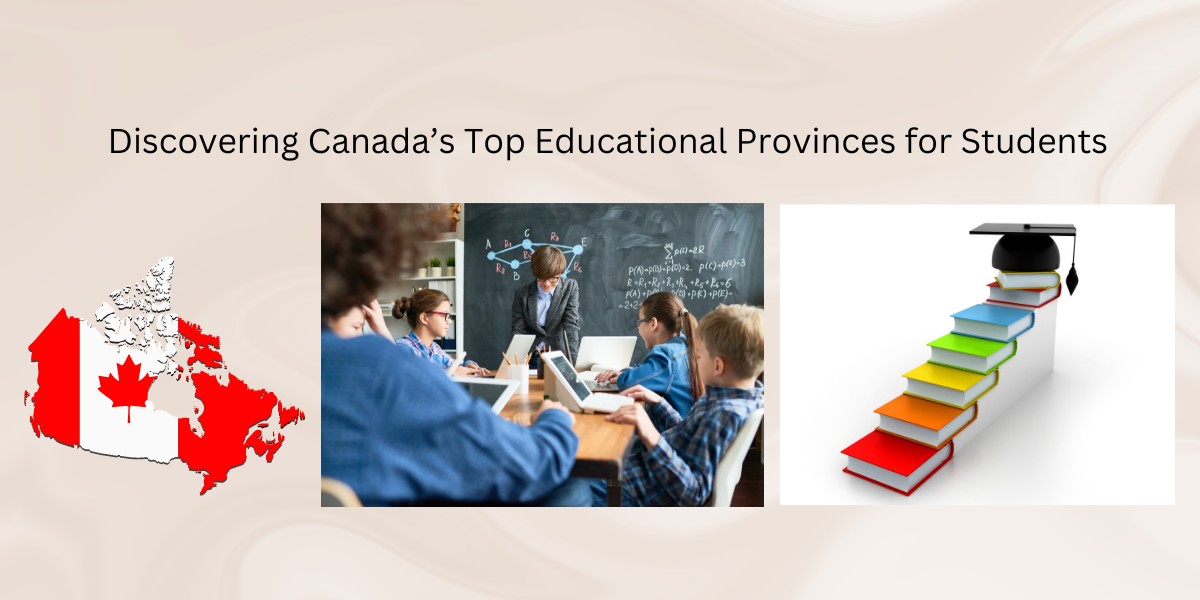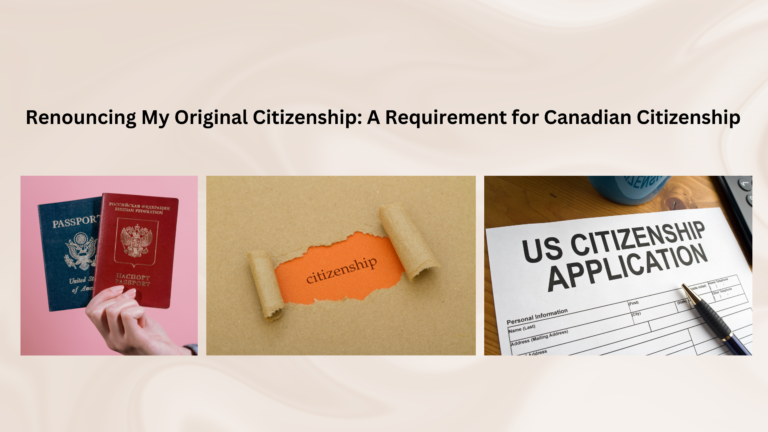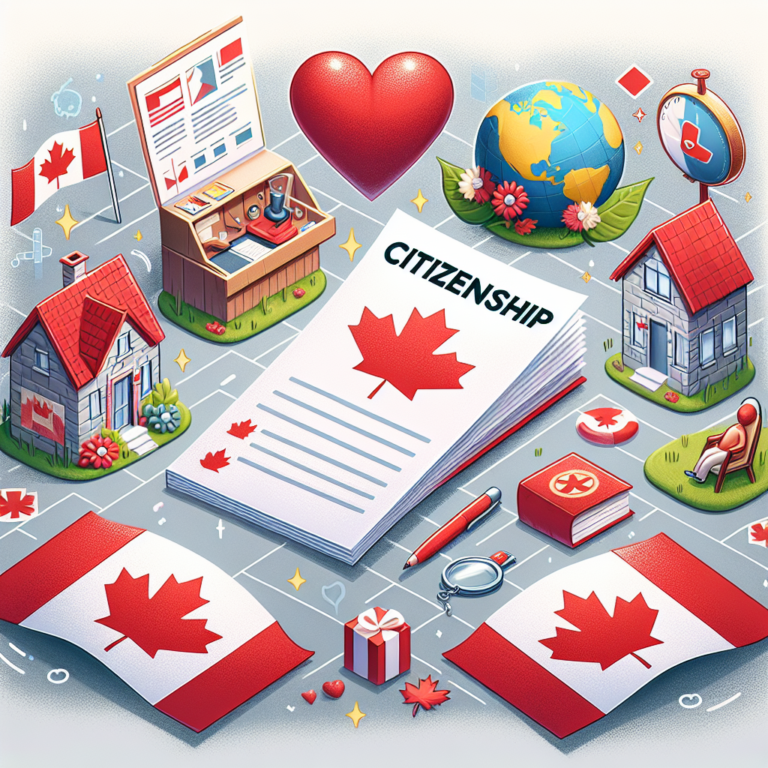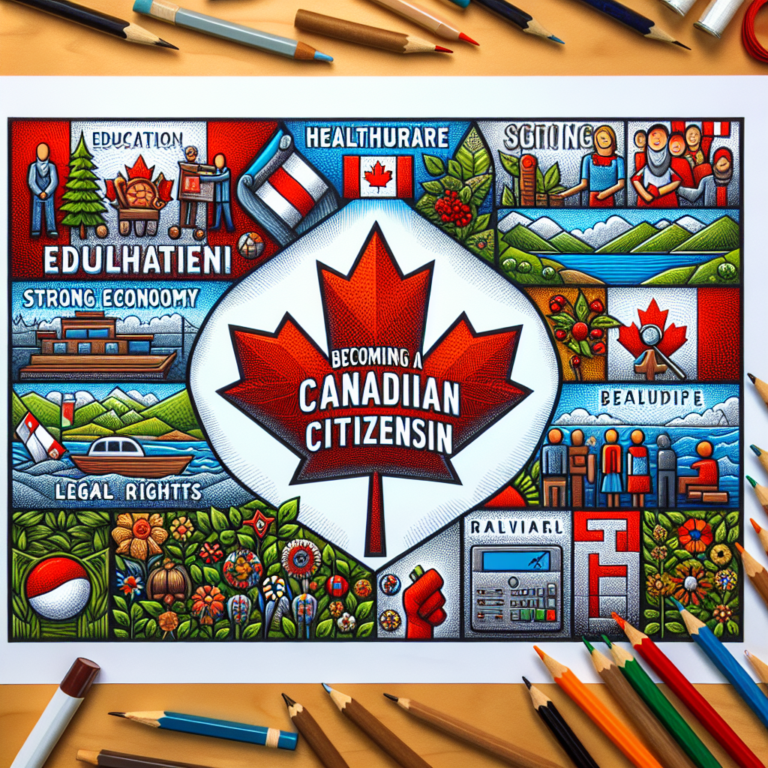What is the Best Province in Canada for Education?
Introduction
When it comes to choosing the best province in Canada for education, there are a variety of factors to consider. Whether you’re an international student looking for the best academic experience or a parent seeking the finest education system for your children, understanding which province stands out is crucial. This blog post will explore the educational systems across Canada’s provinces, highlight key benefits and challenges, and offer practical advice to help you make the right choice. But most importantly, it will answer the question: What’s the best province in Canada for education?
Canada’s Education System: A Provincial Overview
Education in Canada is regulated at the provincial level, meaning each province is responsible for its own school systems, curriculums, and education policies. This leads to variations in the quality and style of education across provinces. Let’s take a closer look at the education systems in some of the leading provinces.
Ontario: The Academic Hub
Ontario boasts some of the most renowned universities and colleges in Canada, including the University of Toronto, York University, and McMaster University. The province has a robust elementary and secondary school system that is highly ranked internationally. Ontario places strong emphasis on STEM (Science, Technology, Engineering, Mathematics) education, which makes it a great choice for students pursuing technical fields.
British Columbia: The Progressive Educator
British Columbia (BC) offers one of the most progressive and holistic education systems in Canada. Known for incorporating environmental awareness and social responsibility into its curriculum, BC has a forward-thinking approach. Institutions like the University of British Columbia and Simon Fraser University are globally recognized, and the public schools rank high in terms of student satisfaction and performance.
Quebec: A Unique System
Quebec’s education system stands apart due to its unique structure. Students complete high school in grade 11, after which they attend CEGEP (Collège d’enseignement général et professionnel) for two years before entering university. This system offers a distinctive preparatory stage for higher education. Institutions such as McGill University and Université de Montréal are popular choices among international and local students alike.
Alberta: Focus on Innovation
Alberta’s education system is highly respected, particularly for its innovative programs and focus on individualized learning. The province invests heavily in technology and resources for students, and it is home to the University of Alberta and the Southern Alberta Institute of Technology (SAIT), both of which are renowned for their research and academic contributions.
Advantages and Disadvantages of Each Province
Ontario
- Advantages:
- Strong emphasis on research and innovation
- Wide variety of programs and institutions
- Large number of scholarships and funding opportunities
- Disadvantages:
- Higher cost of living in cities like Toronto
- Large class sizes in some schools
British Columbia
- Advantages:
- Holistic and progressive curriculum
- Beautiful campuses with access to nature
- Focus on sustainability and global issues
- Disadvantages:
- Expensive housing in Vancouver and surrounding areas
- Competitive admission to top institutions
Quebec
- Advantages:
- Unique CEGEP system offering a transition to university
- Affordable tuition fees, especially for residents
- Culturally rich environment with bilingual education
- Disadvantages:
- French language proficiency may be required
- Weather can be harsh, especially in winter
Alberta
- Advantages:
- Focus on technology and innovation
- Lower cost of living compared to other provinces
- Strong job market for graduates in energy and tech industries
- Disadvantages:
- Fewer university options compared to Ontario and BC
- Harsh winters and limited public transportation in some areas
Problems and Concerns
One of the biggest concerns when selecting a province for education is the cost of living. Provinces like British Columbia and Ontario, especially in cities like Vancouver and Toronto, can be expensive, making budgeting for both education and personal expenses challenging. Another concern is language barriers, particularly in Quebec, where French is the primary language of instruction. International students may also face challenges with integrating into local communities, especially in less diverse regions of Canada.
Dos and Don’ts When Choosing a Province for Education
Dos:
- Research thoroughly: Understand the differences in education systems between provinces before making your decision.
- Consider lifestyle: Think about the climate, cost of living, and cultural environment of each province.
- Look into funding options: Investigate scholarships and financial aid available in each province.
- Consider post-graduation opportunities: Evaluate the job market and potential for internships or work-study programs in your chosen province.
Don’ts:
- Don’t choose based solely on reputation: Just because a university is well-known doesn’t mean it’s the best fit for you.
- Don’t forget about language requirements: Especially in Quebec, make sure you’re comfortable with the language of instruction.
- Don’t overlook the cost of living: Tuition might be affordable, but living expenses in some provinces can be high.
5 FAQs About Education in Canada
- Which province in Canada has the best education system?
- Ontario and British Columbia consistently rank high due to their strong university systems and progressive approaches to education.
- Is education free in Canada for international students?
- No, international students must pay tuition fees, which vary by province and institution. However, many provinces offer scholarships.
- Do all Canadian universities teach in English?
- Most universities in Canada teach in English, but in Quebec, many institutions offer programs in French.
- What is the cost of living for students in Canada?
- This varies by province. Vancouver and Toronto are more expensive, while Alberta and smaller cities in other provinces may have lower costs.
- What is the application process for studying in Canada?
- You must apply directly to the institution you wish to attend, submit academic transcripts, proof of language proficiency, and a study permit application.
My Advice
Choosing the best province for education in Canada depends largely on your personal preferences, career goals, and financial situation. If you’re interested in a culturally rich experience and don’t mind learning French, Quebec may be the right fit. For students who value technological innovation and research, Ontario or Alberta could be the best choice. If sustainability and progressive education are important, British Columbia stands out. Consider your priorities, do thorough research, and don’t rush the decision.
Conclusion
Canada offers a diverse range of educational opportunities, with each province providing unique benefits and challenges. Whether you’re drawn to Ontario’s prestigious institutions, British Columbia’s progressive approach, Quebec’s unique education system, or Alberta’s focus on innovation, Canada has something for everyone. By weighing the pros and cons, researching thoroughly, and considering your own needs, you can find the best province in Canada for your educational journey.







